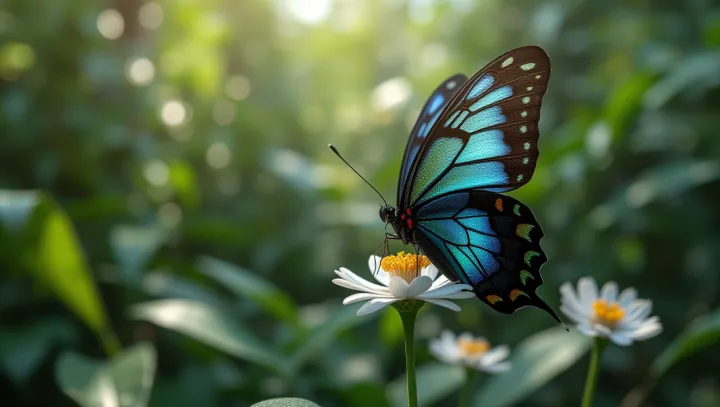Dazzling Dance of the Butterfly

In the vibrant ecosystems of Costa Rica, a recent scientific study has illuminated the vital ecological roles butterflies play within their habitats. These striking insects not only adorn the environment with their vivid colors but also contribute significantly to pollination processes, enhancing both plant diversity and agricultural productivity. Conducted by the Costa Rican Institute of Biodiversity, the research highlights the intricate relationships between butterflies and native plant species.
As they flutter from flower to flower, these insects facilitate crucial life cycles, ensuring the propagation and genetic variation of numerous plant species. Dr. Fernando Rodriguez, a renowned entomologist leading the study, emphasized, 'Butterflies are more than just aesthetically pleasing creatures; they are essential pollinators integral to ecosystem health.' As urbanization and deforestation threaten their natural habitats, conservation efforts have become increasingly urgent.
The study urges governments and environmental organizations to implement regulations that protect butterfly habitats. Such measures are vital to preserving not only the beauty but also the ecological functions of these insects. Public awareness campaigns focused on the ecological importance of butterflies may inspire greater community involvement in conservation initiatives.
